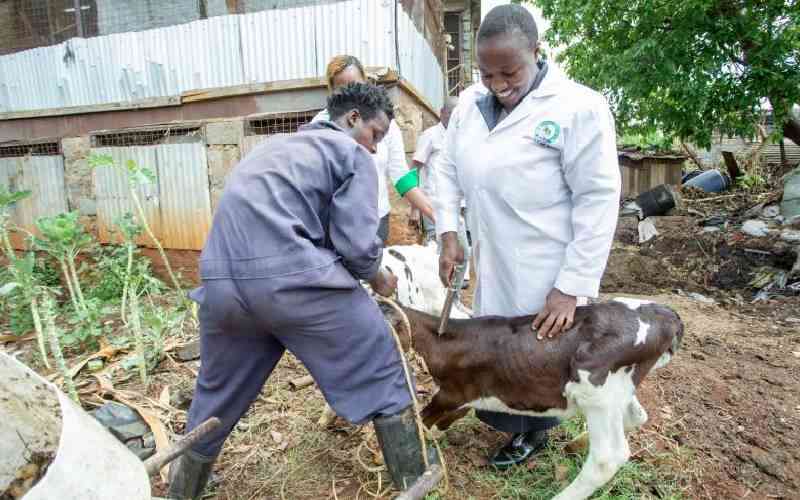×
The Standard e-Paper
Stay Informed, Even Offline

The vaccines to be administered to the millions of cattle, sheep, and goats are locally manufactured, the Kenya Veterinary Vaccine Production Institute (Kevevapi) has said.
Kevevapi Managing Director Alex Sabuni announced that the two vaccines are produced by the state agency and go through approvals to ensure they meet international safety standards.







